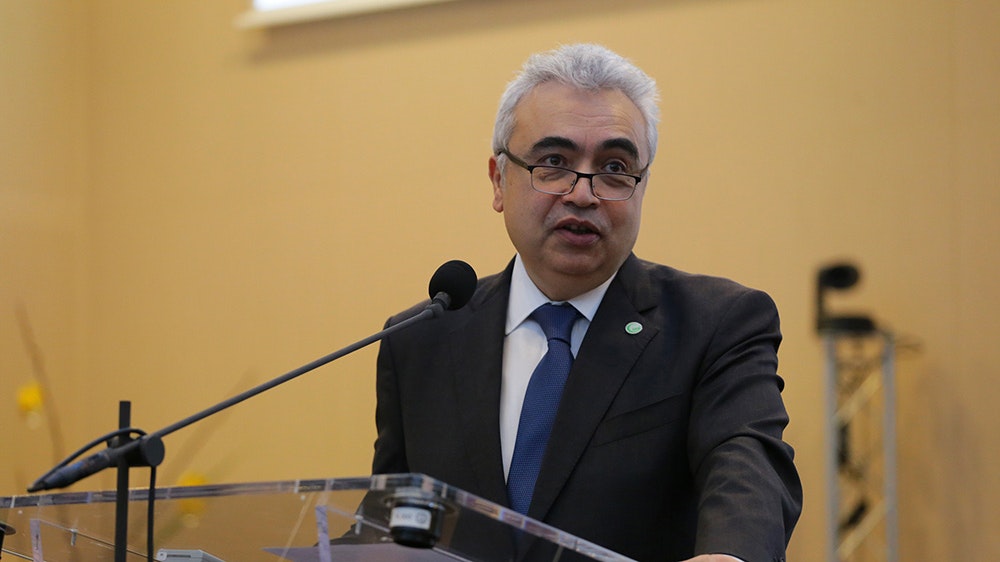
The jobs and livelihoods of some 300 million people are at risk in the current crisis in the global oil business, according to Fatih Birol, executive director of the International Energy Agency (IEA).
Speaking exclusively to Arab News, Birol said the oil industry is going through “perhaps the worst time in its history, and this could have major implications for the global economy, financial markets, and even more for employment.”
He added: “Tens of millions of people are going to lose their jobs. In just one example, we (the IEA) calculated that in the refinery sector and petrol stations alone, around 50 million people are employed, and they’re supporting families totaling 250 million people, and most of them will lose their jobs if it continues like this.”
The COVID-19 pandemic has led to an unprecedented collapse in demand for oil, with more than 20 million barrels — around 20 percent of normal consumption — lost over the past few weeks. The oil price has halved.
Birol was involved in the behind-the-scenes talks with the Saudi presidency of the G20 group of leading countries to organize a special meeting of energy ministers at the end of this week, in a bid to address current levels of oversupply.
“I raised this idea with Saudi Energy Minister Prince Abdul Aziz bin Salman because Saudi Arabia has been a stabilizing factor in the market for many years, and I was hopeful that Saudi would agree with this suggestion, as well as the other 19 G20 countries,” Birol said.
There has been speculation that an immediate cut of 10 million barrels per day could be on the table at that “virtual” meeting, which follows a summit of oil-producing countries led by Saudi Arabia and Russia under the OPEC+ umbrella.
Birol has also been in contact with most of the other G20 energy ministers. “I said 10 million barrels is a good start but this isn’t enough, either in terms of the actual level of contribution, the volume, and in terms of giving a strong political signal around the world,” he said.
“Even if there was a 10-million-barrel cut, there would still be a 15-million-barrel building of stocks. There might be an upward move in terms of price, but this wouldn’t last and this wouldn’t be a solution.”
Apart from addressing cuts, Birol said there is a need to send a “political signal” to the world in the middle of the COVID-19 crisis.
“The G20 countries represent about 80 percent of the world economy and population, so it would be a very strong signal,” he added.
“I’ve worked with many G20 presidencies in the past. If you look at the job description of the G20, it says it must support the financial and economic stability of the global markets, so in my view it fits perfectly with the remit.”
Saudi Arabia and Russia have signaled that they are ready to put aside their disagreements over the past few weeks to agree a level of cuts at the OPEC+ meeting on Thursday.
“I do know that Russia has a very important role to play here. Given how it started, I’d expect Russia to make a courageous and transparent step in that direction,” Birol said.
Key to the outcome of the current talks to tackle oversupply is the attitude of the US, the biggest oil producer in the world, whose oil industry has much to lose from historically low prices.
US President Donald Trump has said he is trusting in the “free market” to solve the problem for the American industry.
US oil companies would face big legal challenges if they were to act in concert to reduce output.
Birol declined to talk specifically about the American dilemma. “Many countries can participate in cuts, many countries that are producers. They can look at their production and see how much they can reduce as a result of the recent developments,” he said.
“Other countries around the world can participate, in line with their industrial capabilities and economic development level, and their social priorities. I expect all the countries to come together to find a solution to this major problem,” he added.
“The G20 can also look to give a lifeline to demand as well, so there are different ways each country can do it. To give such an important signal is beyond oil for me. It’s a sign that different countries can come together and give hope, to me and the rest of the world, that they show solidarity, both geopolitically and economically, in these very difficult times.”
-Arab News
 رئيس اللجنة التحضيرية للحركة السياسية لشعب الجنوب يهنئ بن شاجع بشهر رمضان
رئيس اللجنة التحضيرية للحركة السياسية لشعب الجنوب يهنئ بن شاجع بشهر رمضان
 أمين عام حزب العدالة والحرية يهنئ بن شاجع بحلول شهر رمضان
أمين عام حزب العدالة والحرية يهنئ بن شاجع بحلول شهر رمضان
 اليمن: شخصيات اجتماعية وسياسية تهنئ الشيخ بن شاجع بحلول شهر رمضان
اليمن: شخصيات اجتماعية وسياسية تهنئ الشيخ بن شاجع بحلول شهر رمضان
 تكتل قبائل بكيل يهنئ أبناء اليمن بحلول شهر رمضان ويدعو الجميع الاصطفاف لمواجهة التحديات
تكتل قبائل بكيل يهنئ أبناء اليمن بحلول شهر رمضان ويدعو الجميع الاصطفاف لمواجهة التحديات
 بن شاجع يدعو لمراجعة المواقف والتوحد أمام التحديات الكبيرة التي يواجهها اليمن
بن شاجع يدعو لمراجعة المواقف والتوحد أمام التحديات الكبيرة التي يواجهها اليمن
 محكمة سعودية تبرئ مستثمرًا يمنيًا قُتل تحت التعذيب بتهمة كيدية
محكمة سعودية تبرئ مستثمرًا يمنيًا قُتل تحت التعذيب بتهمة كيدية
 الأمم المتحدة: نقص المساعدات فاقم الوضع الإنساني المتردي في اليمن
الأمم المتحدة: نقص المساعدات فاقم الوضع الإنساني المتردي في اليمن
 مسلحون قبليون يفجرون خطاً لأنابيب النفط في مأرب احتجاجا على رفع أسعار الوقود بالمحافظة
مسلحون قبليون يفجرون خطاً لأنابيب النفط في مأرب احتجاجا على رفع أسعار الوقود بالمحافظة
 المبعوث الاممي يعلن موافقة الأطراف اليمنية على بنود خطة سلام دائم
المبعوث الاممي يعلن موافقة الأطراف اليمنية على بنود خطة سلام دائم
 مأرب: قتلى وجرحى بسبب رفع أسعار الوقود والقطاع القبلي مستمر
مأرب: قتلى وجرحى بسبب رفع أسعار الوقود والقطاع القبلي مستمر







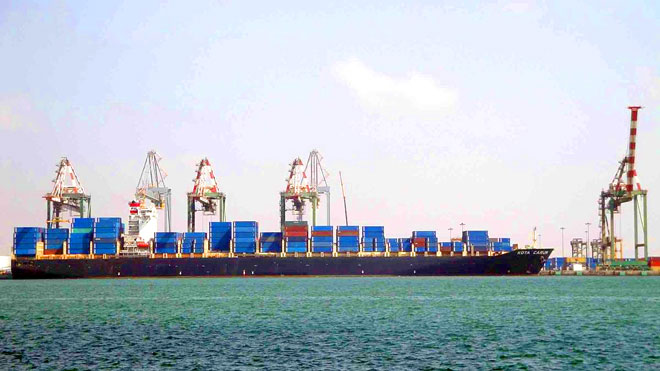
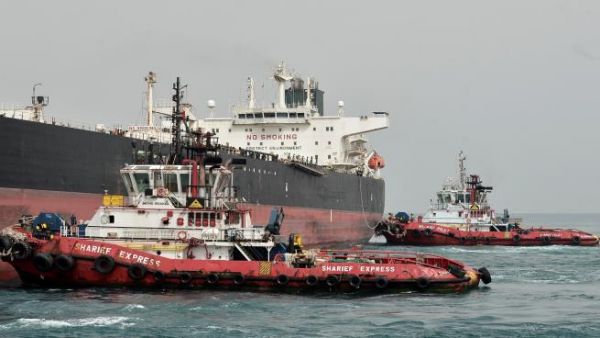
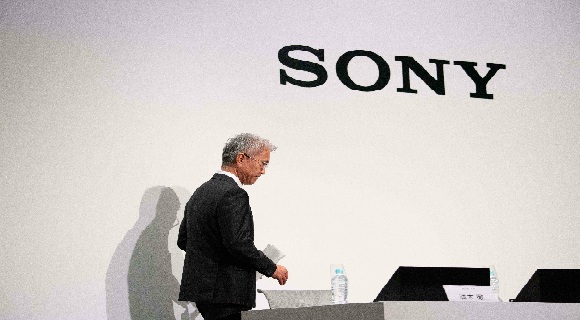
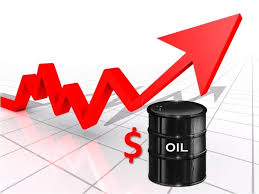
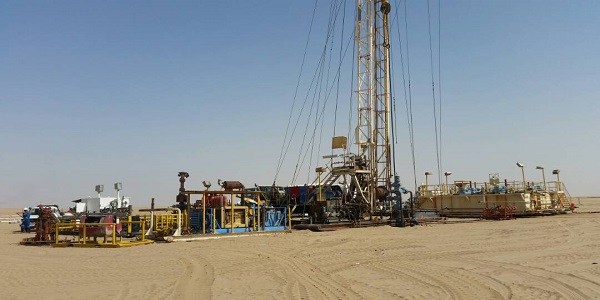
 فيسبوك
فيسبوك  تويتر
تويتر  يوتيوب
يوتيوب 
قيامك بالتسجيل وحجز اسم مستعار لك سيمكنكم من التالي:- الاحتفاظ بشخصيتكم الاعتبارية أو الحقيقية.
- منع الآخرين من انتحال شخصيتك في داخل الموقع
- إمكانية إضافة تعليقات طويلة تصل إلى 1,600 حرف
- إضافة صورتك الشخصية أو التعبيرية
- إضافة توقيعك الخاص على جميع مشاركاتك
- العديد من الخصائص والتفضيلات
إضغط هنا
إضغط هنا